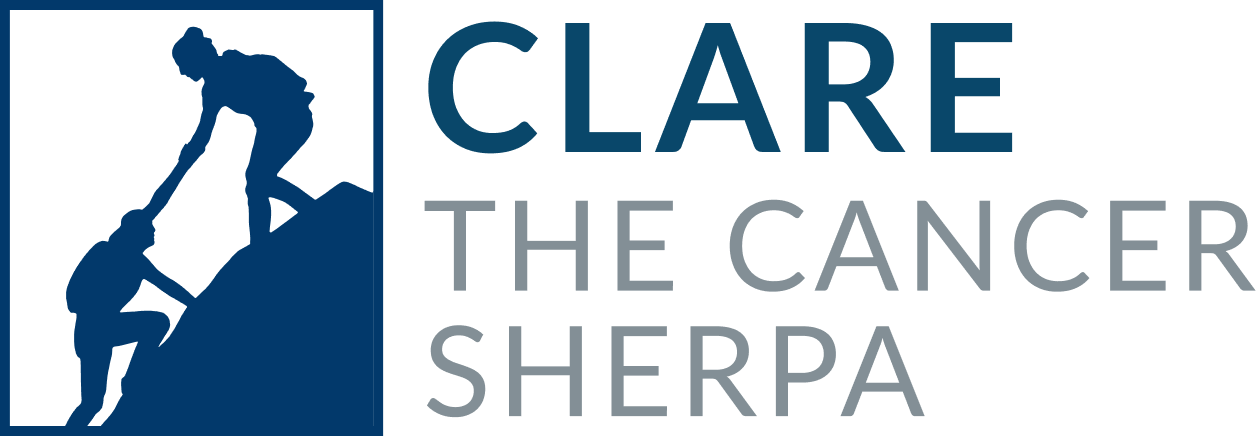When was the last time you had a flu shot? How about the TDAP vaccine? We’ll skip the Covid-19 vax question, as that’s (hopefully!) fresh in your mind (and written down on your vax card). That’s just the thing: as we grow older or our health becomes more complicated, it becomes more difficult to cobble together all the pieces of our health histories.
We’ve been asking ourselves what essential info we might forget since we read this article by Self Magazine, which offers tips for quickly making your own “30-Minute” health file. Our sherpas do this for our clients on a daily basis, so we know how important and how much work it can be to compile this info (often, the first draft takes at least an hour plus).
While it is optimal to have as much health data as possible, you shouldn’t let the weight of this project keep you from getting some basic health history together. Below is the key information everyone should have on hand – whether it’s safely printed in a folder or stored on your Notes App, in your email drafts, or as a Word Doc… you get it. We promise this should only take 30 minutes…
Before your next doctor’s appointment, list the following:
- All medications you currently take
- Name
- Dose (amount and times taken per day)
- Time of day (AM or PM)
- Why (condition/illness/reason for taking the medication)
- Any major illnesses or surgeries you’ve been treated for
- Your blood type
- Current ailments or issues you want to discuss
You’ll want to update your notes to include the results from this appointment to make sure your data is up to date moving forward. If you’re unable to do this for yourself, we recommend you ask someone (or us!) to accompany you and jot down notes on your behalf.
Even if you don’t have a doctor’s appointment coming up, you should still do the above. You should do this, too:
- Keep a list of emergency contacts’ details in the notes section of your phone, including name, phone number, and relationship.
- If you’re high risk, consider changing your phone background to reflect info on your condition, like we’ve seen some diabetic patients do (tech’s answer to the medic alert bracelet).
- Every time you get a vaccine, take a photo on your phone or send yourself an email with the name and dose of the vaccine so that you have a centralized record you can easily search for and hopefully add to your list above.
- If you get an email from a current or former doctor that they’re switching online portals, do yourself a favor, make that new account, and grab all your info while you can (we recommend this one from that time we hit unsubscribe too quickly).
- If possible, learn about your family’s health history. Genetics can play a significant role in many common conditions and illnesses, and knowing your family’s health history can help you not repeat history through preventative care.
As mentioned, this is our expertise, so we’d be happy to help you (confidentially) create your comprehensive health file. Contact us for help now.


